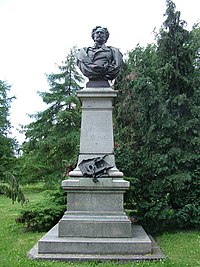Letter of the Prophet Muhammed to Munzir ibn Sawa Al Tamimi
In the name of Allah the Beneficent, the Merciful: From Muhammad the Prophet of God to Munzir bin Sawa, may peace be on you! I praise God, who is one and there none to be worshiped but except him. I bear evidence to the oneness of Allah and that I am a servant of Allah and his Prophet. Thereafter I remind you of Allah. Whoever accepts admonition does it for his own good. Whoever followed my messengers and acted in accordance their guidance; he, in fact, accepted my advice. My messengers have highly praised your behavior. You shall continue in your present office. You should remain faithful to and his Prophet. I accept your recommendation regarding the people of Bahrain. I forgive the offenses of the offenders.
Therefore, you may also forgive them of the people of Bahrain whoever want to continue in their Jewish or Majusi faith, should be made to pay Jizia. Seal: Allah’s Prophet Muhammad.'
- See more at: http://www.nayadigantajobs.com/article/3166/Munzir#sthash.YbfR8chk.dpuf
In the name of Allah the Beneficent, the Merciful: From Muhammad the Prophet of God to Munzir bin Sawa, may peace be on you! I praise God, who is one and there none to be worshiped but except him. I bear evidence to the oneness of Allah and that I am a servant of Allah and his Prophet. Thereafter I remind you of Allah. Whoever accepts admonition does it for his own good. Whoever followed my messengers and acted in accordance their guidance; he, in fact, accepted my advice. My messengers have highly praised your behavior. You shall continue in your present office. You should remain faithful to and his Prophet. I accept your recommendation regarding the people of Bahrain. I forgive the offenses of the offenders.
Therefore, you may also forgive them of the people of Bahrain whoever want to continue in their Jewish or Majusi faith, should be made to pay Jizia. Seal: Allah’s Prophet Muhammad.'
- See more at: http://www.nayadigantajobs.com/article/3166/Munzir#sthash.YbfR8chk.dpuf








